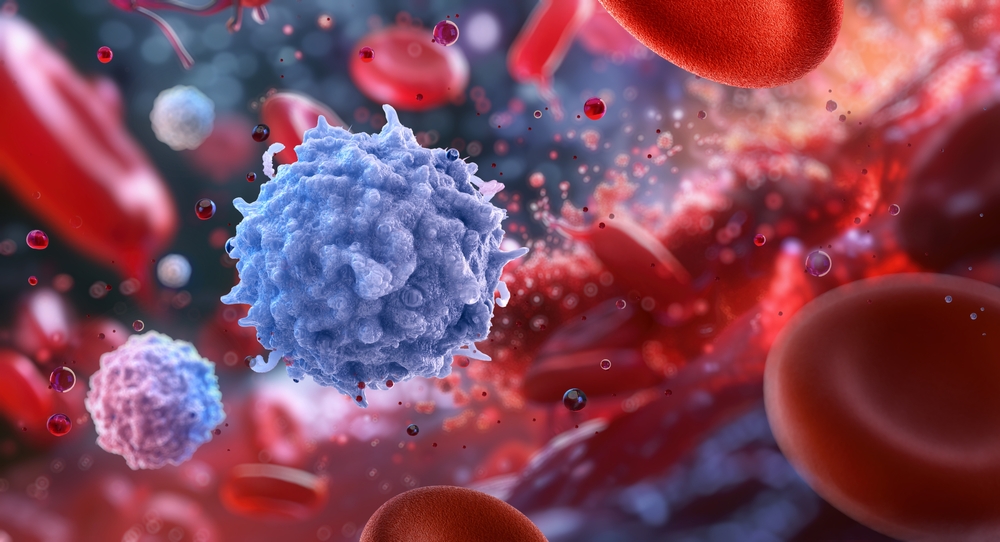Dementia is a general term used to describe impaired functioning due to a loss of memory, language, and decision-making ability. There are 7 stages of dementia, ranging from no impairment to very severe decline, that depend on the area of the brain that is affected. The most common type of dementia is Alzheimer’s disease. Although memory decline is common among seniors, dementia is not, therefore, a normal part of aging.
Some common signs of dementia include memory loss, personality changes, inappropriate behaviour, as well as difficulty communicating.
A cause of dementia can come from damage to brain cells, resulting in miscommunication between them, therefore, thinking and behaviour can be affected. Myelin is an insulating layer composed of protein and lipids that surrounds nerve cells in the brain. It allows electrical impulses to propagate quickly along nerve cells. Damaged myelin in the body can result from inflammation and viral infections, subsequently leading to neurological problems.
Although there is no certain way to prevent dementia, there are lifestyle changes you can make to help slow the progress of this debilitating disease.
1. Get regular physical activity. This decreases your likelihood of developing heart disease, diabetes, and stroke, which are all associated with dementia. It is recommended to do a combination of aerobic and strength-building activities.
2. Reduce your alcohol consumption. This can be done by setting a weekly or monthly limit, trying low-alcohol or alcohol-free drinks, and/or having alcohol-free days each week.
3. Eat a healthy, balanced diet. Research has shown that people who follow the Mediterranean diet, which consists of fruits, vegetables, fish, whole grains, and legumes, have a lower risk of dementia.
4. Stay mentally active. Reading, playing board games, volunteering, and taking part in artistic activities are some of the many activities that can prevent social isolation and improve mood.
5. Gets lots of sleep. Sleeping well is essential for your body and mind. Seniors should get between 7 and 8 hours of sleep per night to feel refreshed for the next day.
Using the Boom Health app, you can book Alzheimer’s and dementia care from professional caregivers you can rely on for your loved one. These caregivers will provide mind-stimulating activities, manage changing behaviours, and encourage social interactions. Find the app on the App Store and Google Play Store.
This article is not intended to be a substitute for professional medical advice or diagnosis. Always seek the advice of your physician or other qualified health provider with any questions you may have regarding a medical condition.





